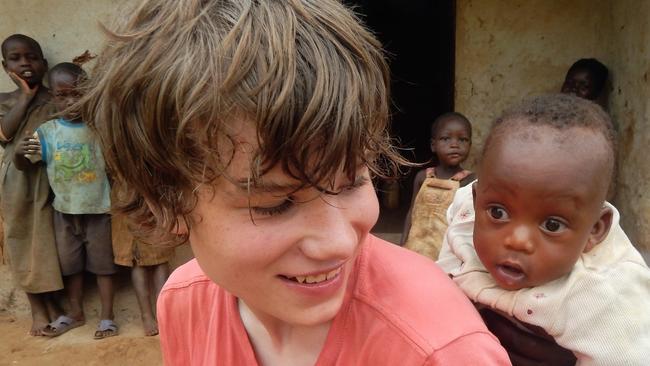48 hours in Dubai
EXTREME heat, shopping and horse racing: welcome to Dubai, the Middle Eastern city evolving into a mecca for weary Western tourists.
EXTREME heat, shopping malls and horse racing greeted Nathan Cross in Dubai, the Middle Eastern city which is determined to make itself a tourist mecca for weary Western travellers.
1. Touchdown
Dazzling, luxurious and sun-kissed. That's the way many travel brochures describe Dubai, in the United Arab Emirates. There is some serious money in this city and it's noticeable as soon as you hop off the plane. Dubai's airport, 4km from the city centre, is considered the busiest in the Middle East.
The best way to get to your hotel or anywhere in Dubai is in a taxi. It will cost about 20 dirhams ($7 to $8) to hire a taxi from the airport and taxis are metered.
2. Bedtime
Hotels range from $40 a night to a staggering $3500 for a suite in the ultra-luxurious Burj Al Arab hotel. Choose your hotel wisely. Dubai's sites are spread far and wide, and you may find yourself travelling from one end of the city to the other. Watch out for noise levels at the beach hotels in the Dubai Marina – this area is under construction 24 hours a day.
3. Getting around
Because of the extreme heat (up to 45C in summer) and distances to get to various sites, walking is not really an option. Most taxi trips will cost only about $5 but do expect traffic jams. And get the hotel's concierge to tell the driver how to get to your destination – Dubai is full of multi-lane freeways and a wrong turn can leave you on the other side of the city.
4. Shopping
Many people travel to Dubai for its shopping. The city is full of malls, but the prices aren't much different from home. Dubai boasts one of the largest retail gold markets and its Gold Souk is worth a visit. You will be able to find jewellery cheaper than in Australia.
5. Eating out
The cosmopolitan mix of Dubai's population means there is a variety of food choices. Alcohol is served only in major hotels. Restaurant meals aren't cheap – from about $30 – but there are always the fast-food and roadside-restaurant options.
The Medina Jumeirah, near the beach, resembles an old Arab palace and is a major complex containing hotels, shops and restaurants along canals. It's an enjoyable place to eat out with cafes specialising in foods from around the world.
6. Keeping cool
Dubai is a great place for water activities. The hotels in Jumeirah have private beaches, but if you're staying in a city hotel there are also easily accessible, white sandy beaches that are free to the public. Wild Wadi water park is a great place to cool down – it's new, clean and safe and has rides for thrill-seekers. Entry is about $45.
7. History
The city's ultra-modern architecture tends to mask its history. Dubai began on the banks of the Dubai Creek. Its recent past was founded on pearl diving and gold trading. The restored Sheikh Saeed Al Maktoum House was the home of the grandfather of the present ruler and has been turned into a museum with photographs depicting the history of Dubai.
The nearby Al Fahidi Fort provides an insight into Dubai's ancient history.
8. Must visit
Dubai is undergoing massive construction to make itself a tourist mecca and is building the biggest, longest, widest, tallest and most extraordinary projects to beat anything else in the world. Construction of the Burj Dubai has just begun. It will be the world's tallest building and is designed so that its height can be raised if any other country tries to compete.
9. Sports
Horse racing is a favourite pastime and the Dubai World Cup is the world's richest horse race. Admission to regular race nights is free and the dress code in public enclosures is casual.
Dubai is also known for golf. Several courses are under construction and Greg Norman has been commissioned to design six courses, which should be completed within the next two years.
Getting there: Singapore Airlines flies from Adelaide to Dubai, starting from $2000 plus taxes.



